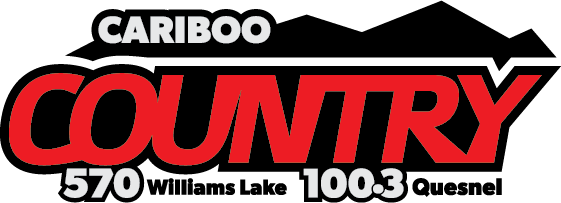B.C.’s experiment in decriminalizing small amounts of illicit drugs for personal use is about to begin.
It’s an effort to end the shame and stigma preventing people with substance-use challenges from getting help.
This does not mean drugs are being legalized, but adults will no longer be arrested, charged, or have their drugs seized if they are in possession of under 2.5 grams of certain drugs.
The drugs included in the decriminalization include opioids, cocaine, methamphetamine, and MDMA.
Provincial officials said police will instead offer information on available health and social supports and local treatment and recovery options.
“We know criminalization drives people to use alone. Given the increasingly toxic drug supply, using alone can be fatal,” said Jennifer Whiteside, B.C.’s Minister of Mental Health and Addictions in a release.
“Decriminalizing people who use drugs breaks down the fear and shame associated with substance use and ensures they feel safer reaching out for life-saving support. This is a vital step to get more people connected to the services and supports as the Province continues to add them at an unprecedented rate.”
Police are also undergoing new training, but the province isn’t making the training information public.
Decriminalization won’t apply to youth 17 and younger.
They will be subject to the federal Youth Criminal Justice Act if caught with any illegal drugs.
Drug possession in any amount will also continue to be illegal on K-12 school grounds and at licensed childcare facilities.
Provincial officials said decriminalization is not a quick fix and is only one tool in the fight against the toxic drug crisis.
New health authority-specific positions are being filled. These jobs will work on building connections with local service providers and people referred by police.
B.C. government officials said they are also urgently working on providing more treatment beds and increasing access to harm-reduction programs.
Health Canada has granted the province a three-year trial period, which begins on Tuesday and will run until Jan. 31, 2026.
– with files from Josiah Spyker, My East Kootenay Now staff
Something going on in the Cariboo you think people should know about?
Send us a news tip by emailing [email protected].










